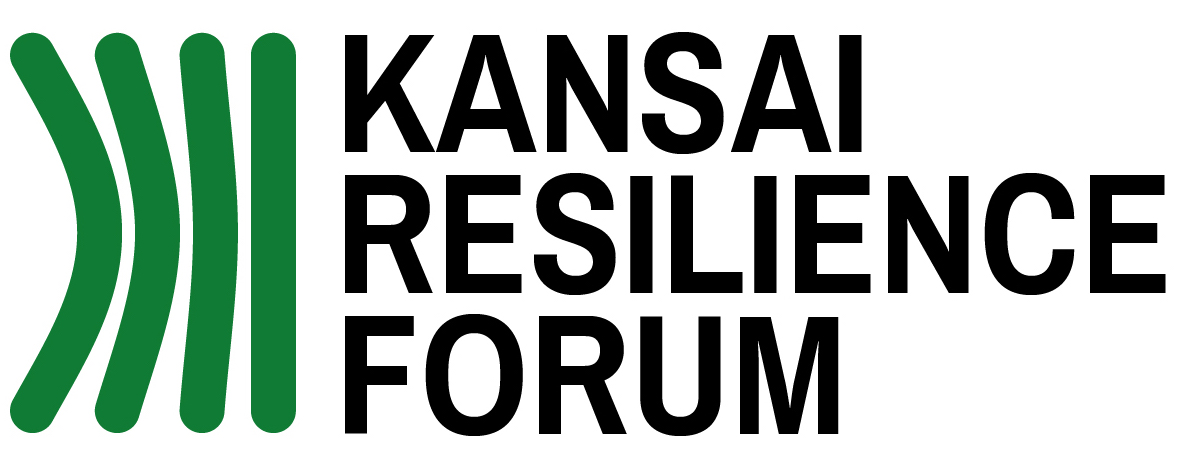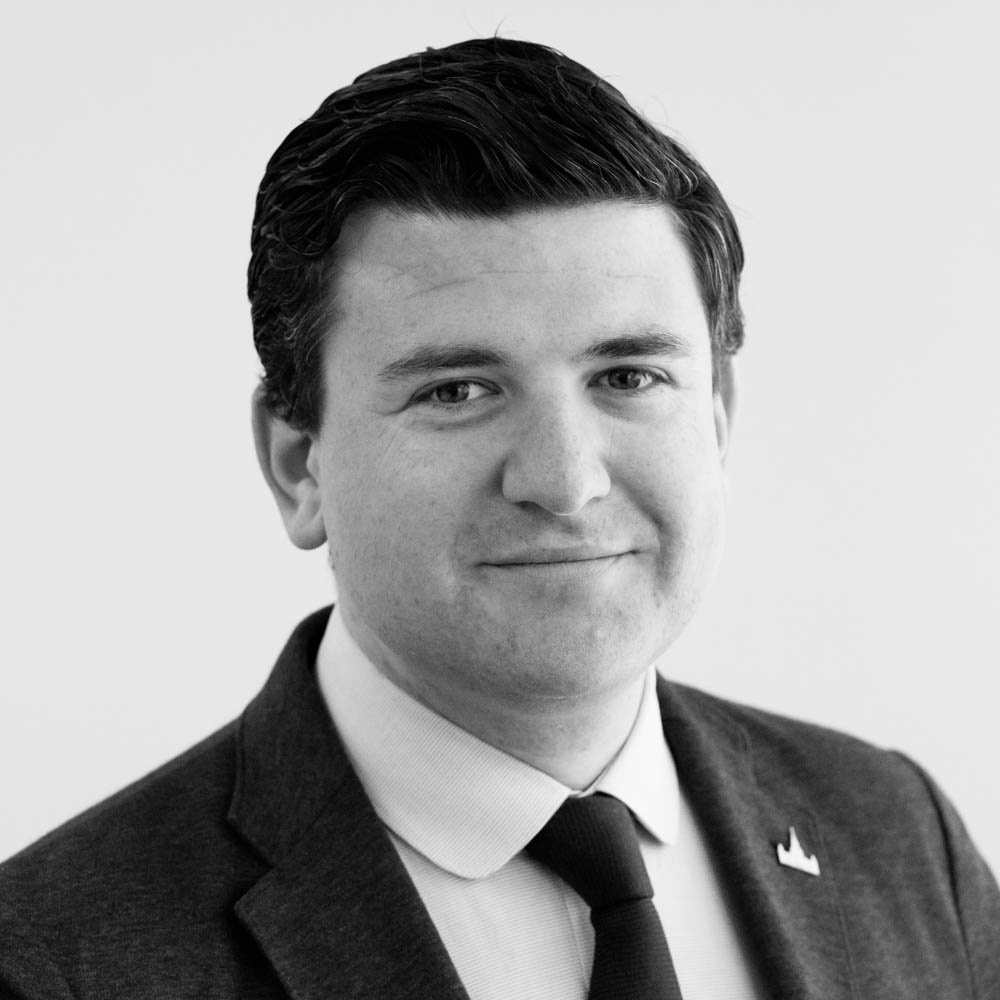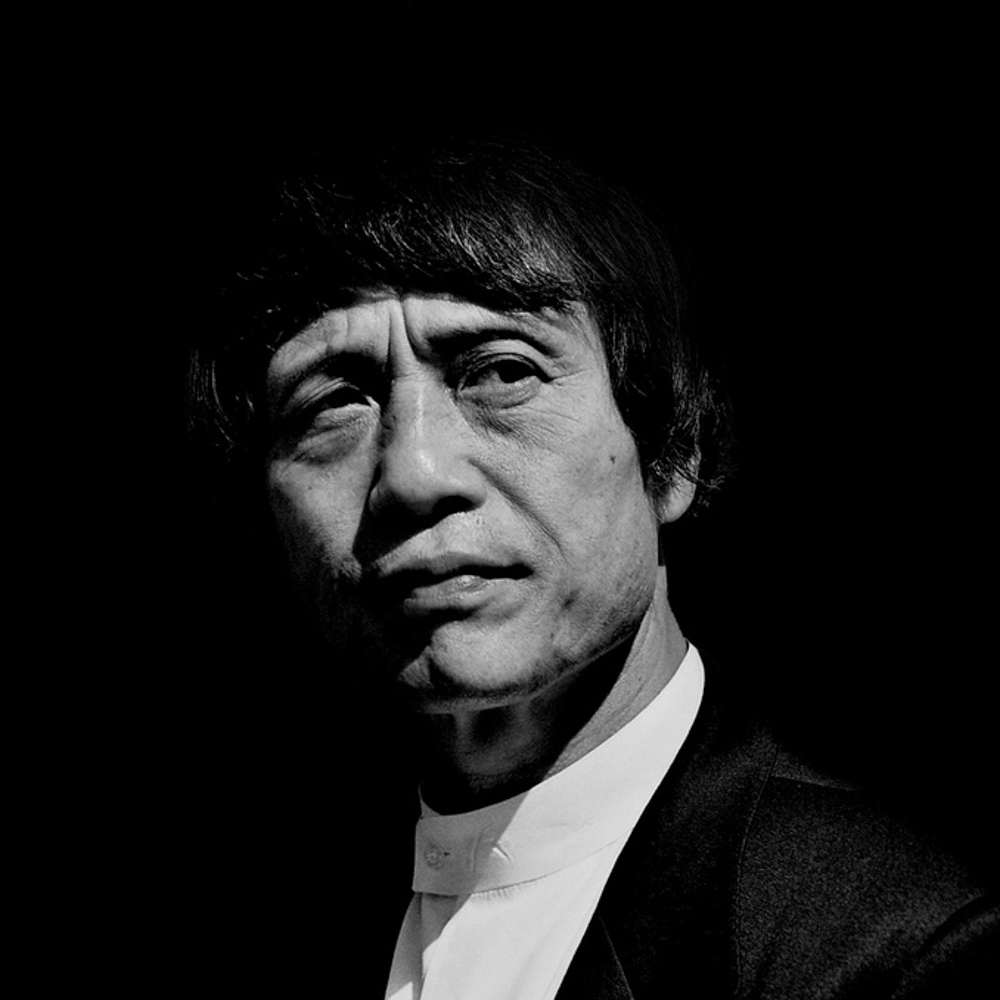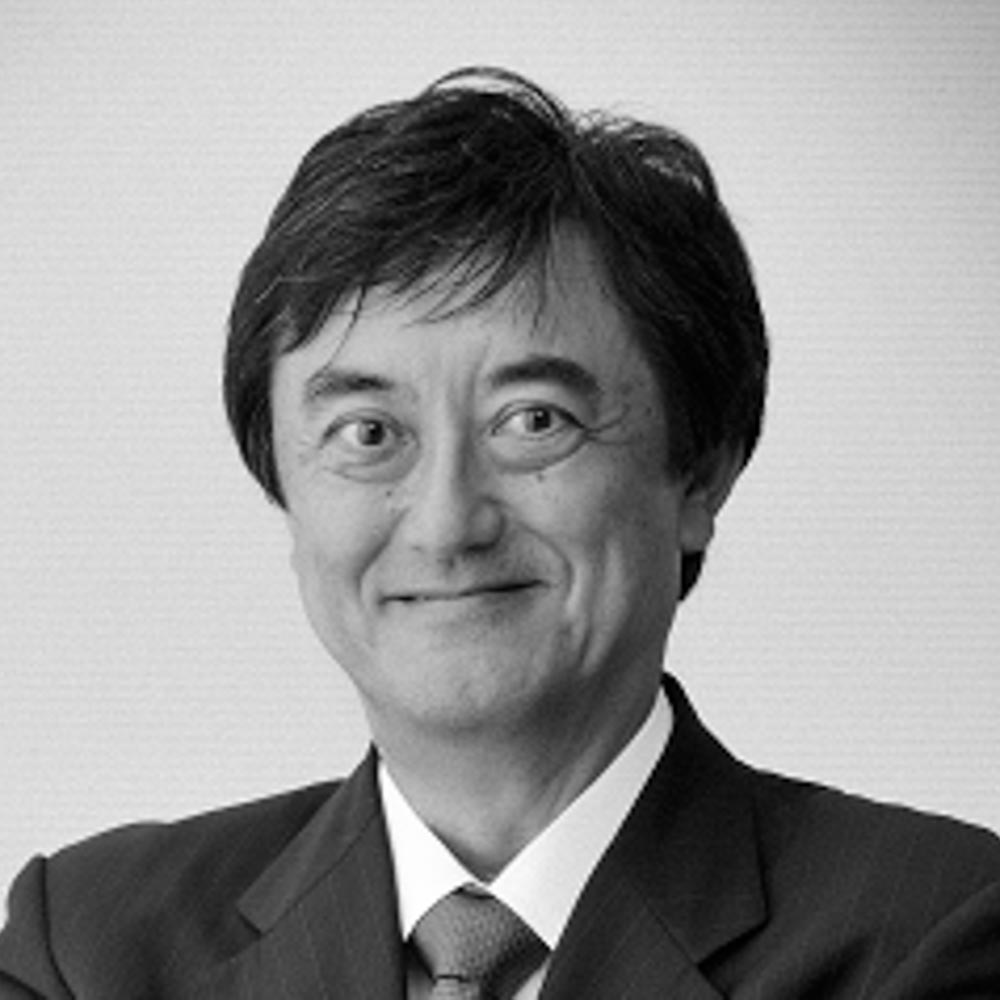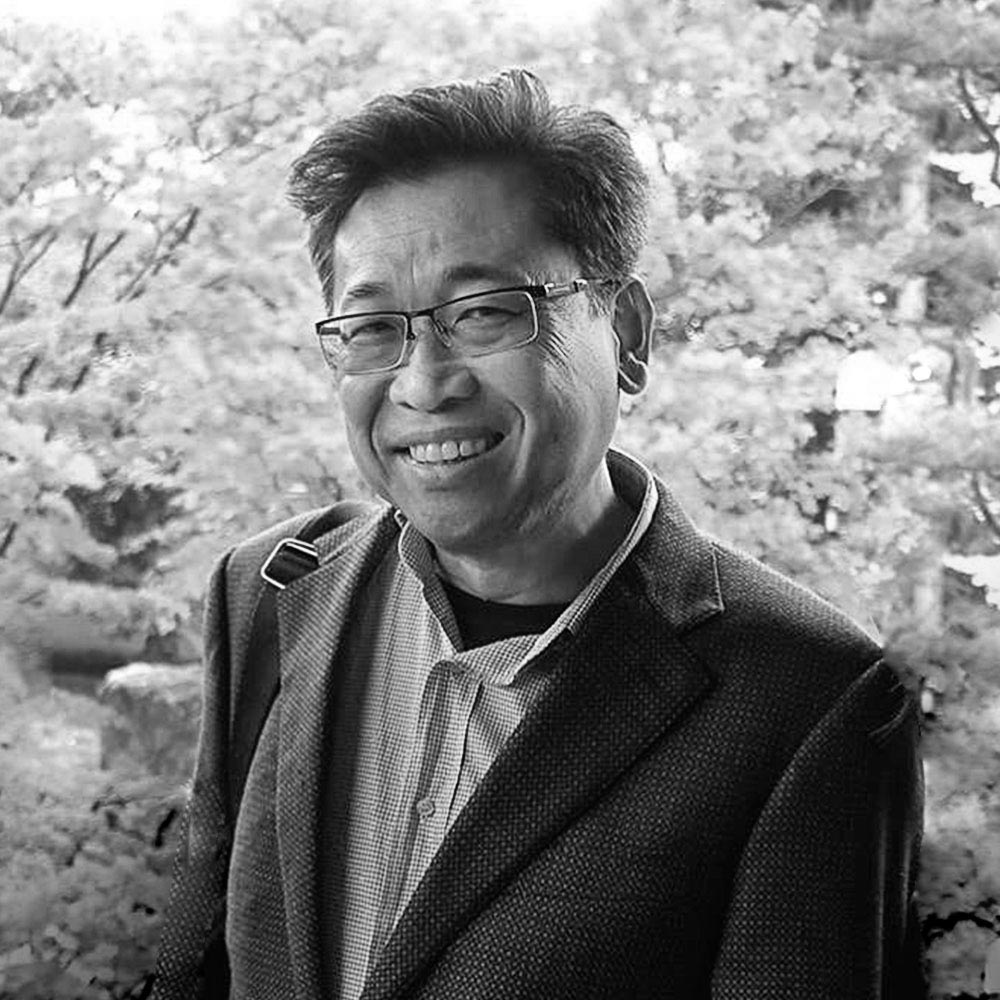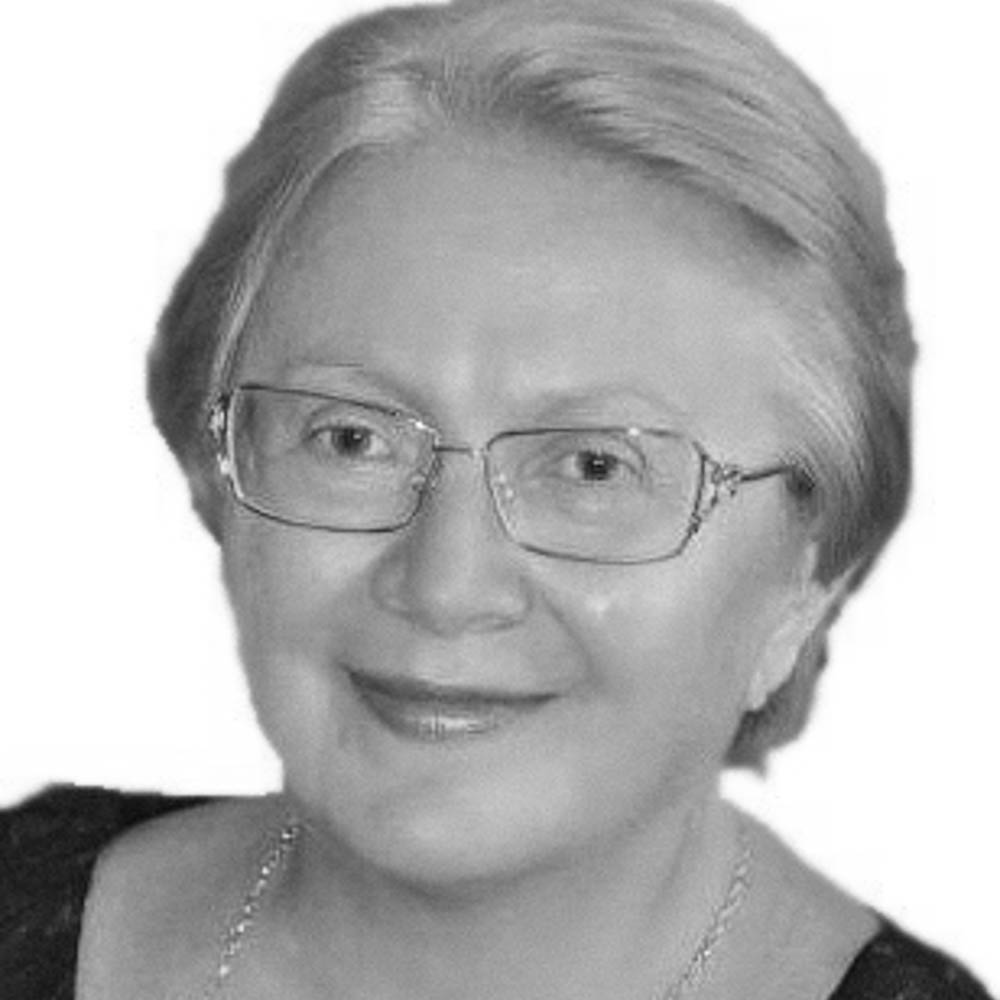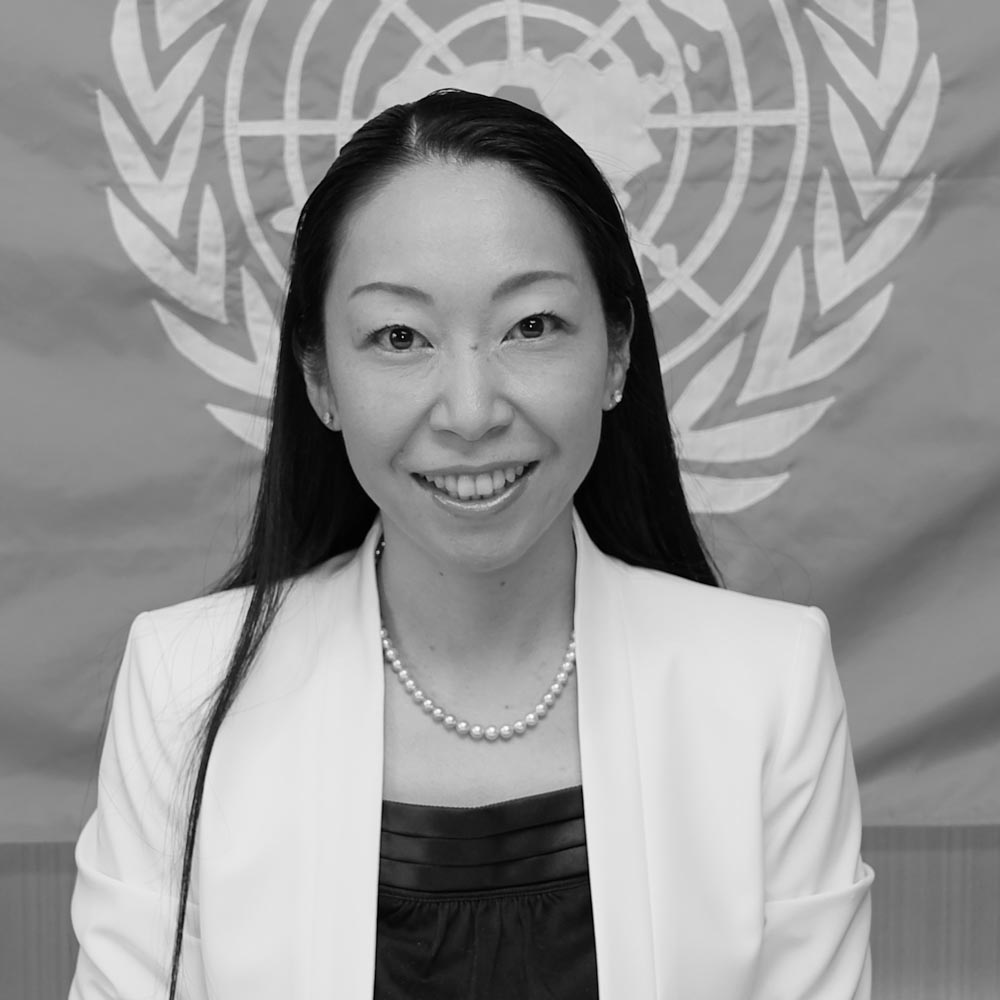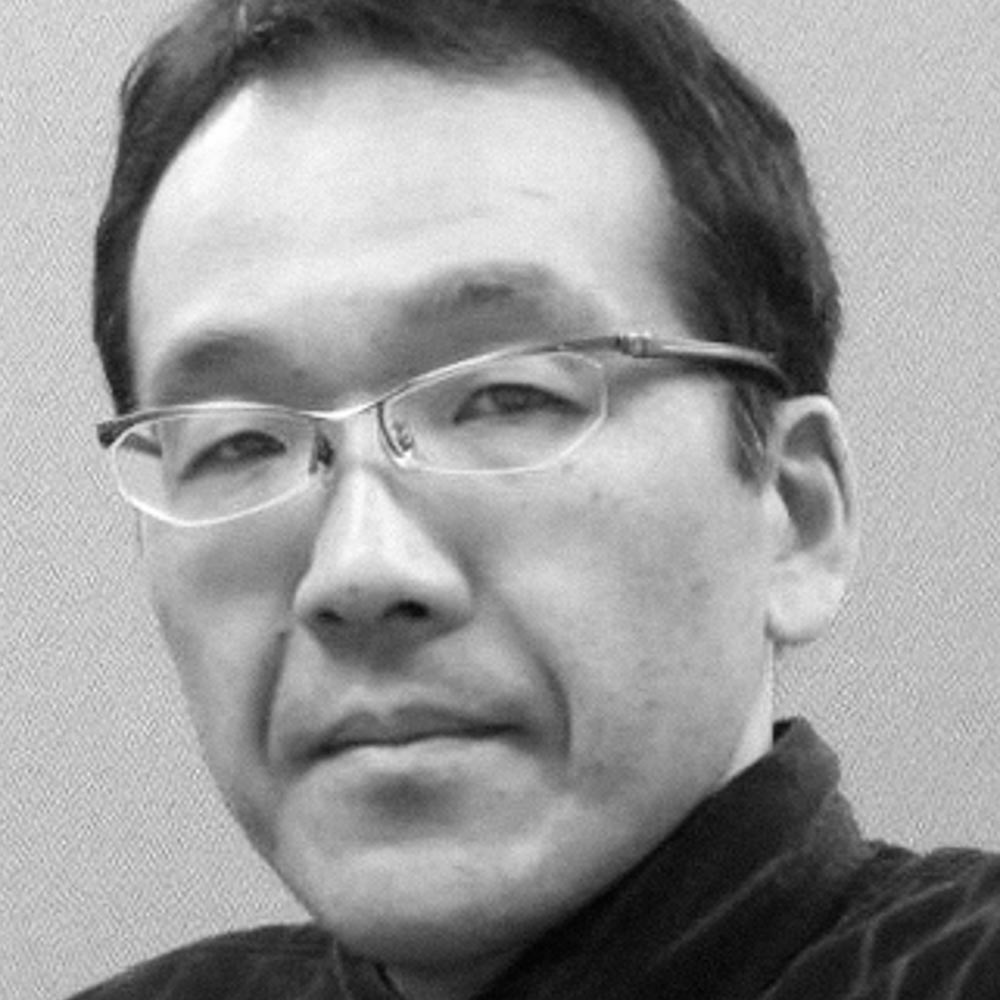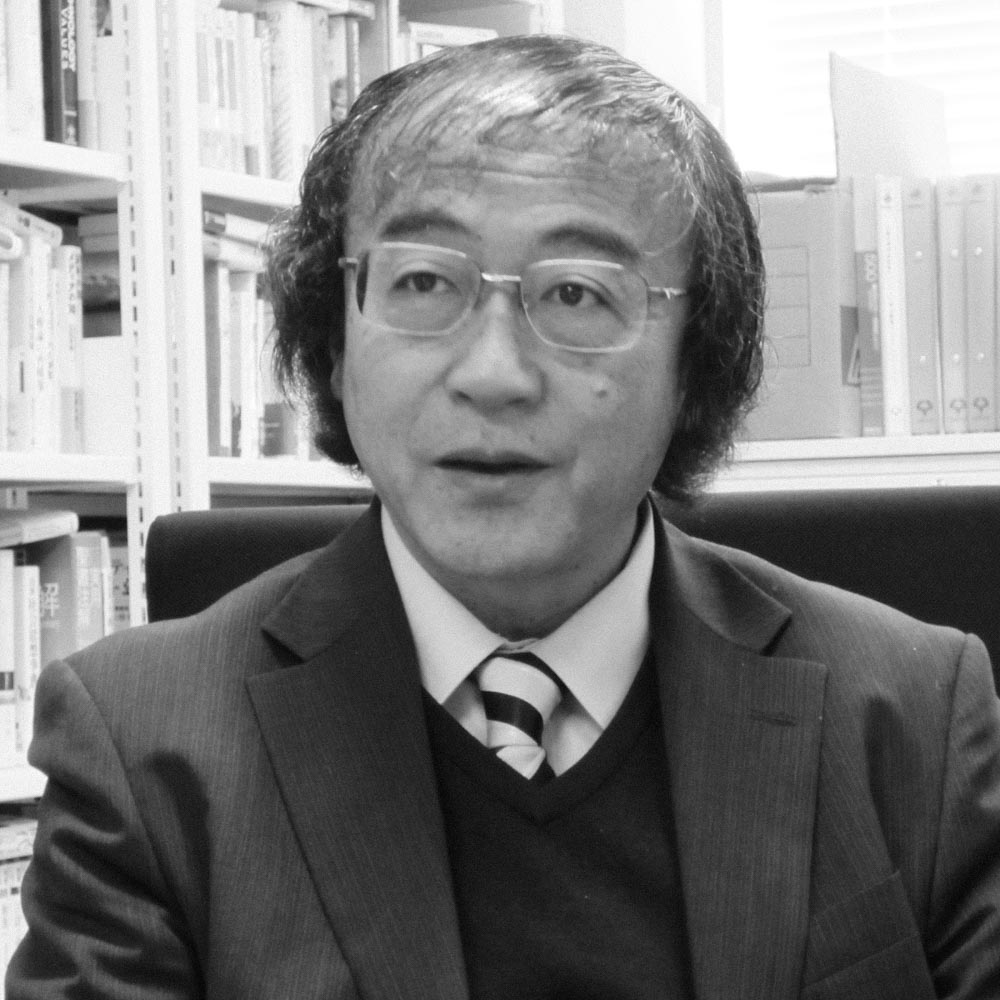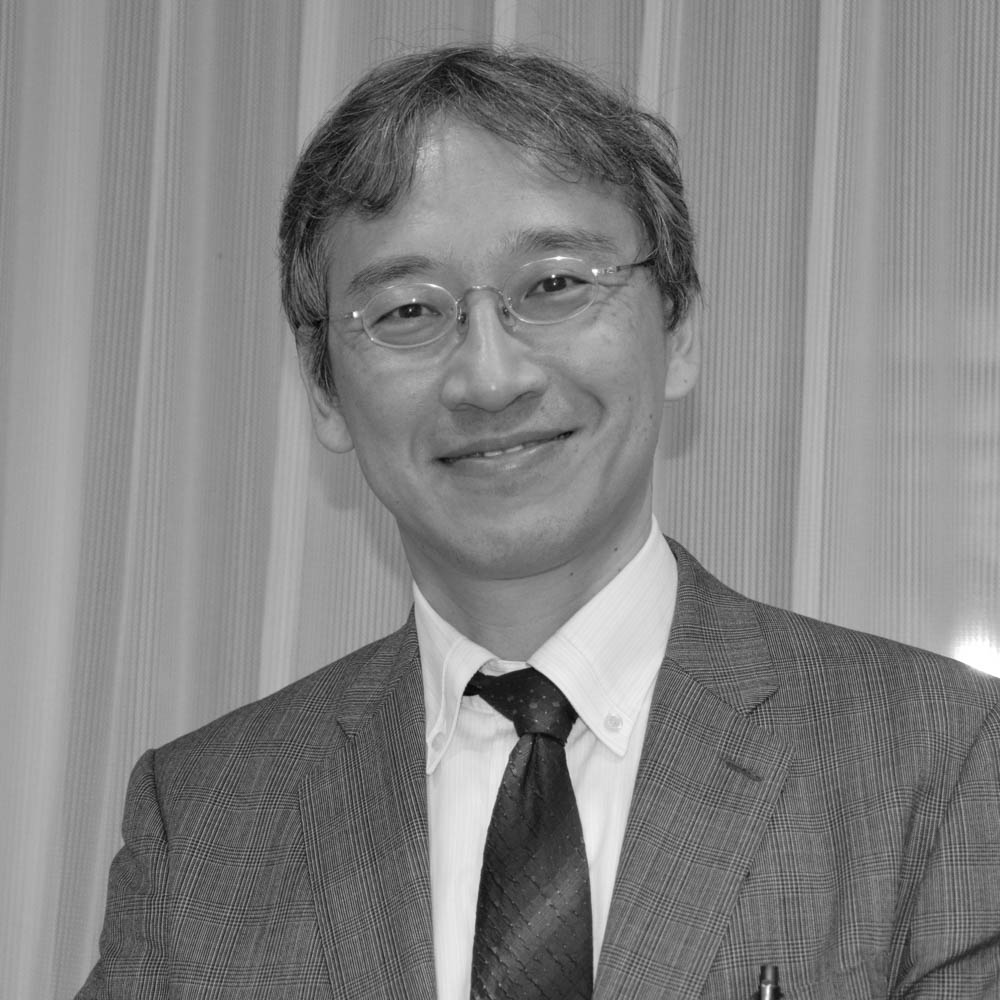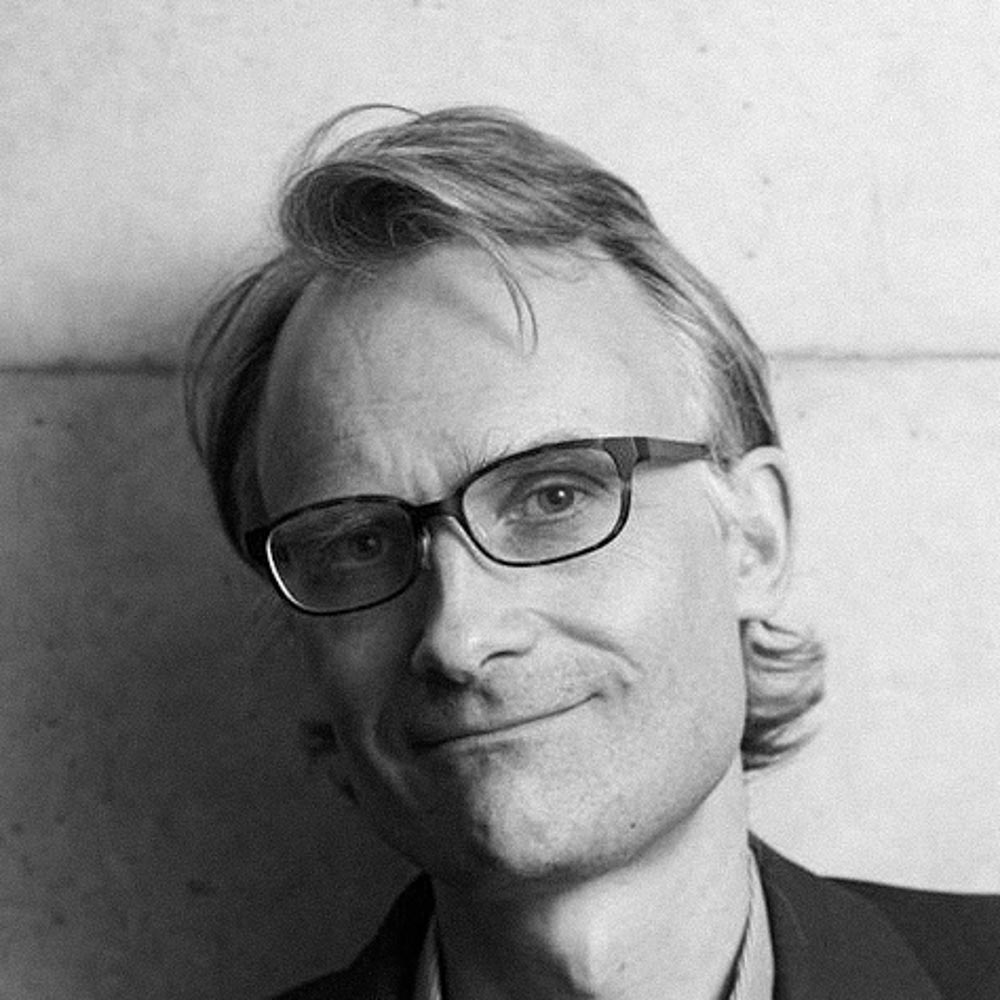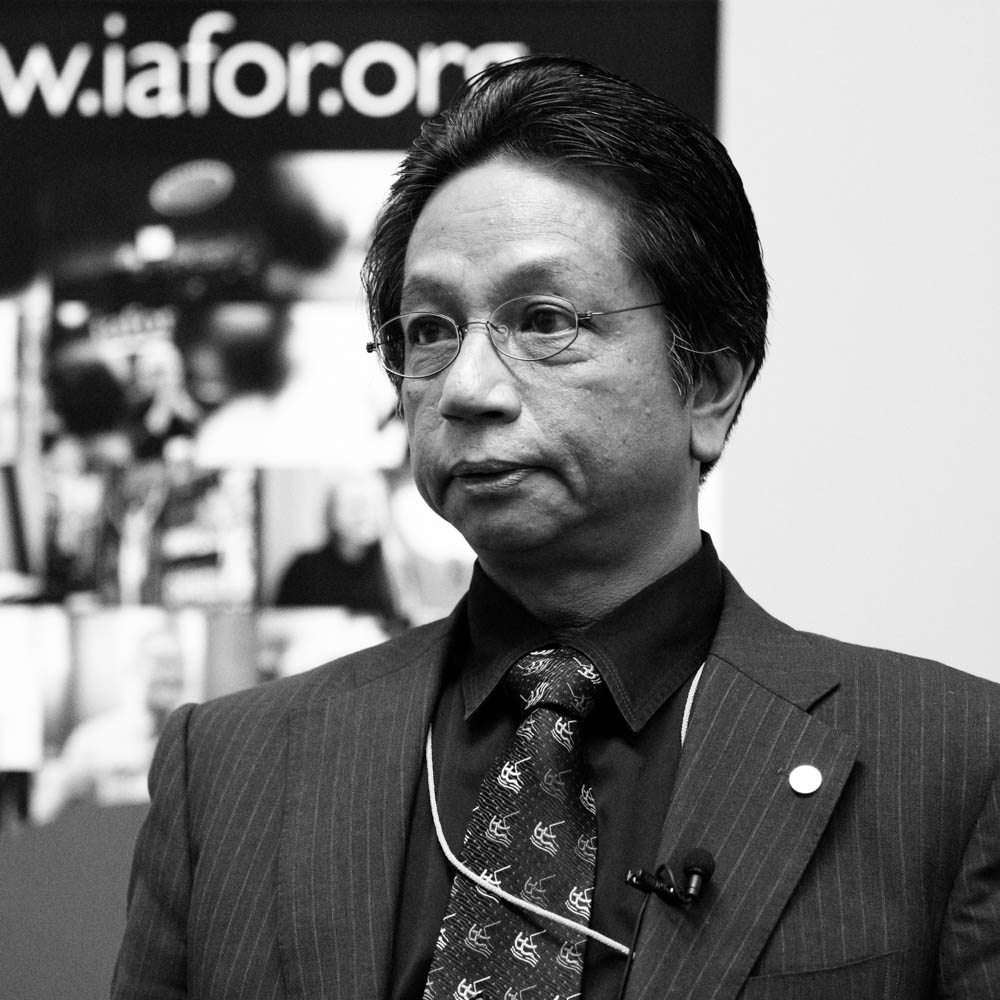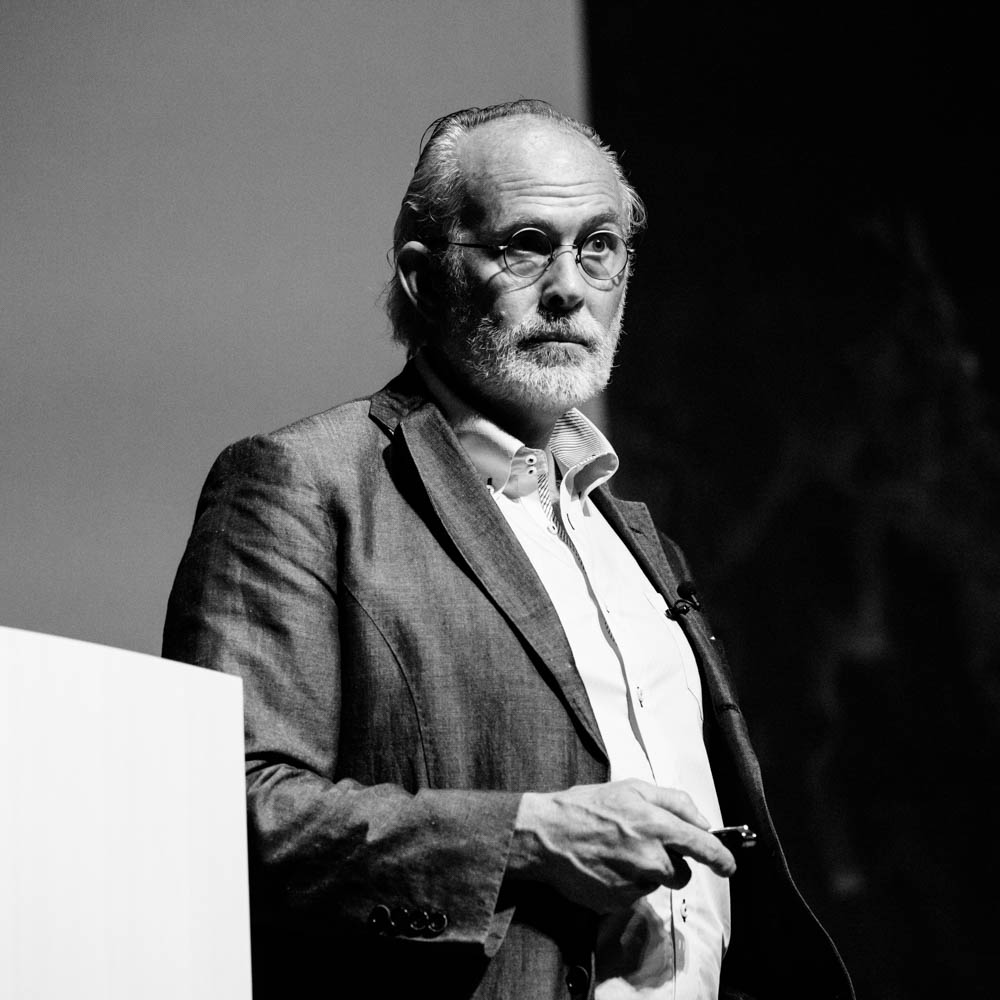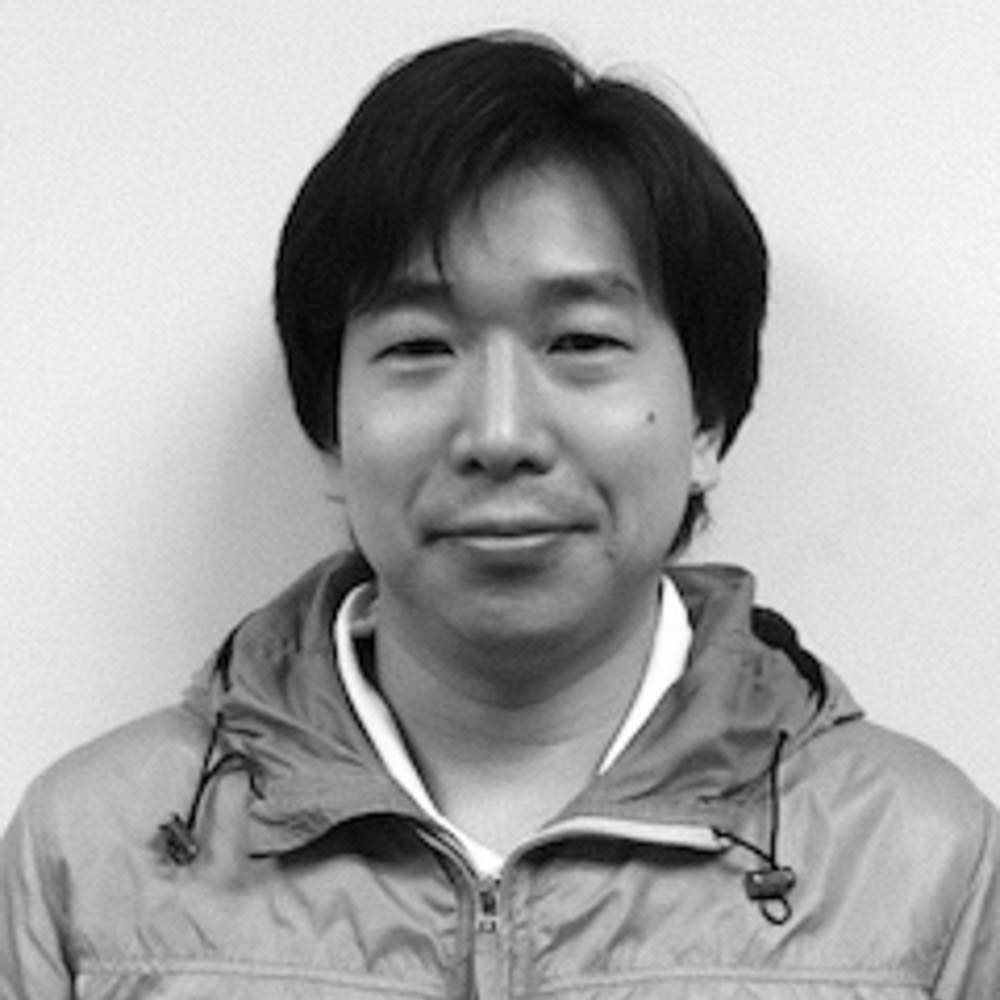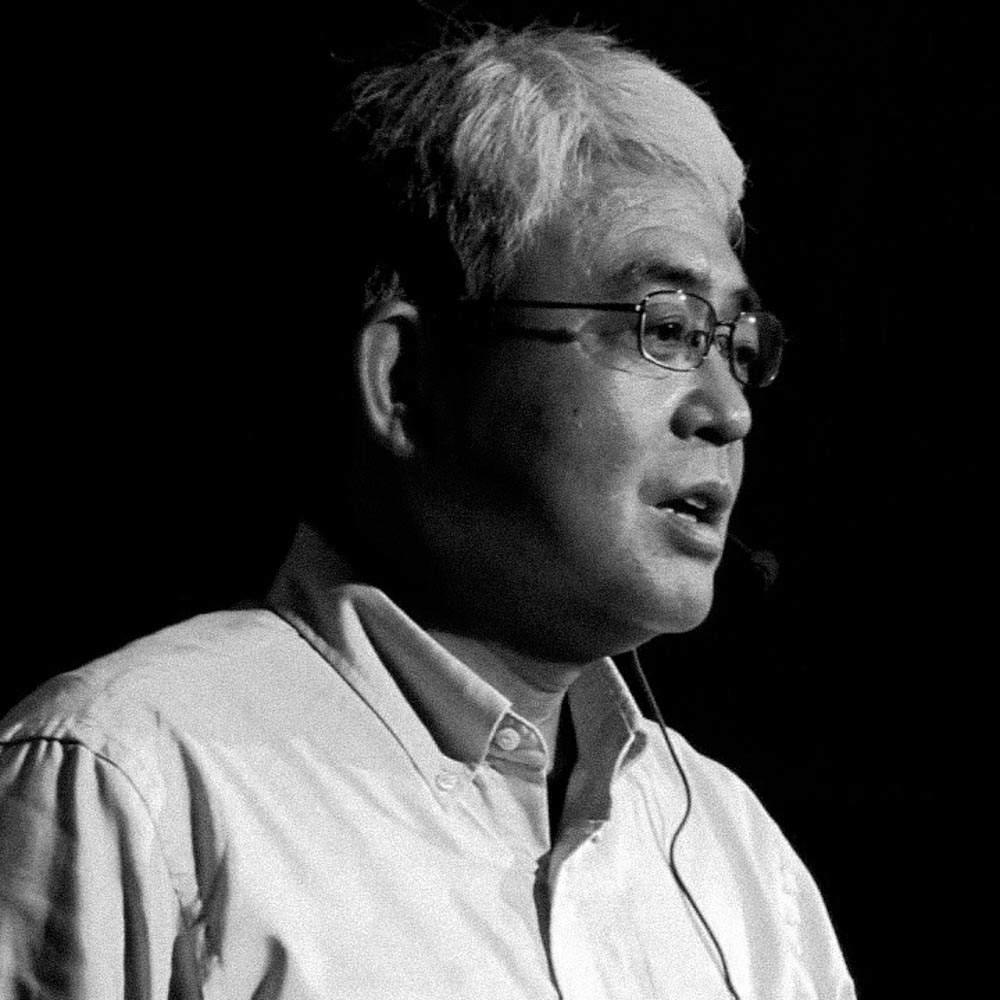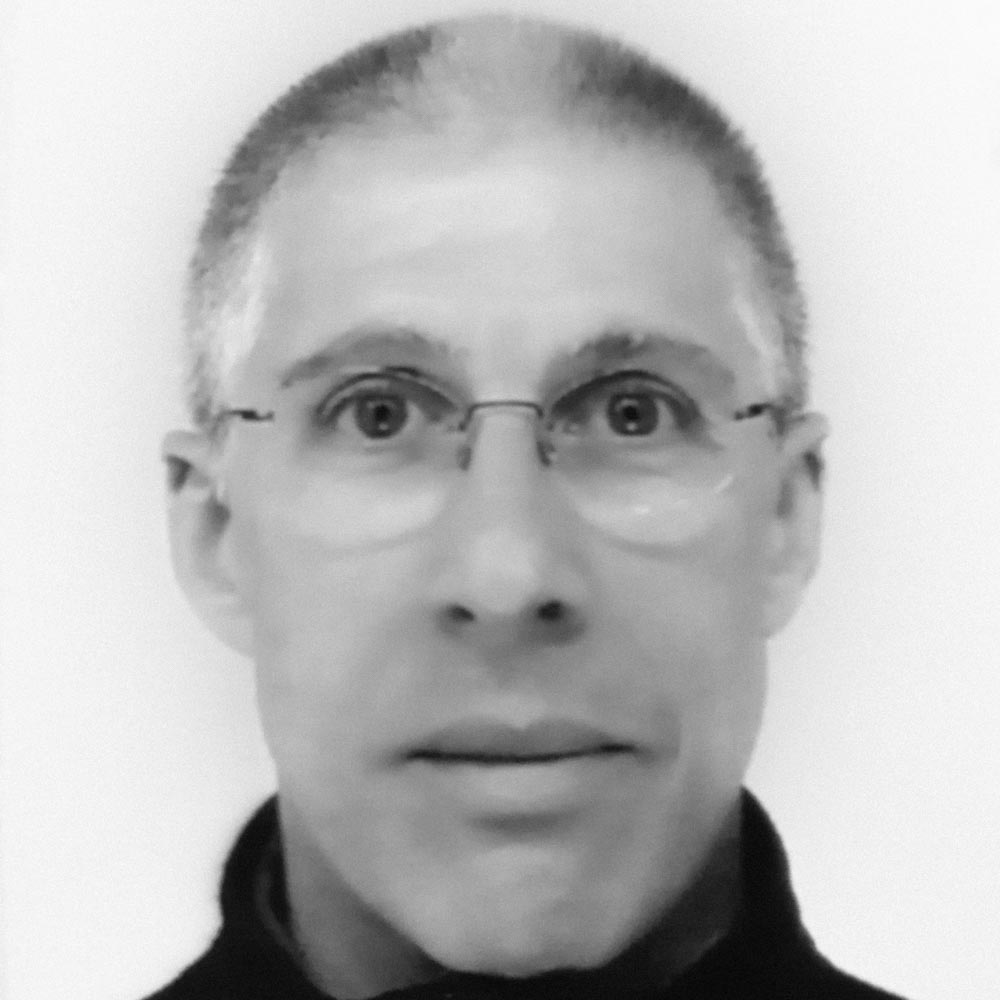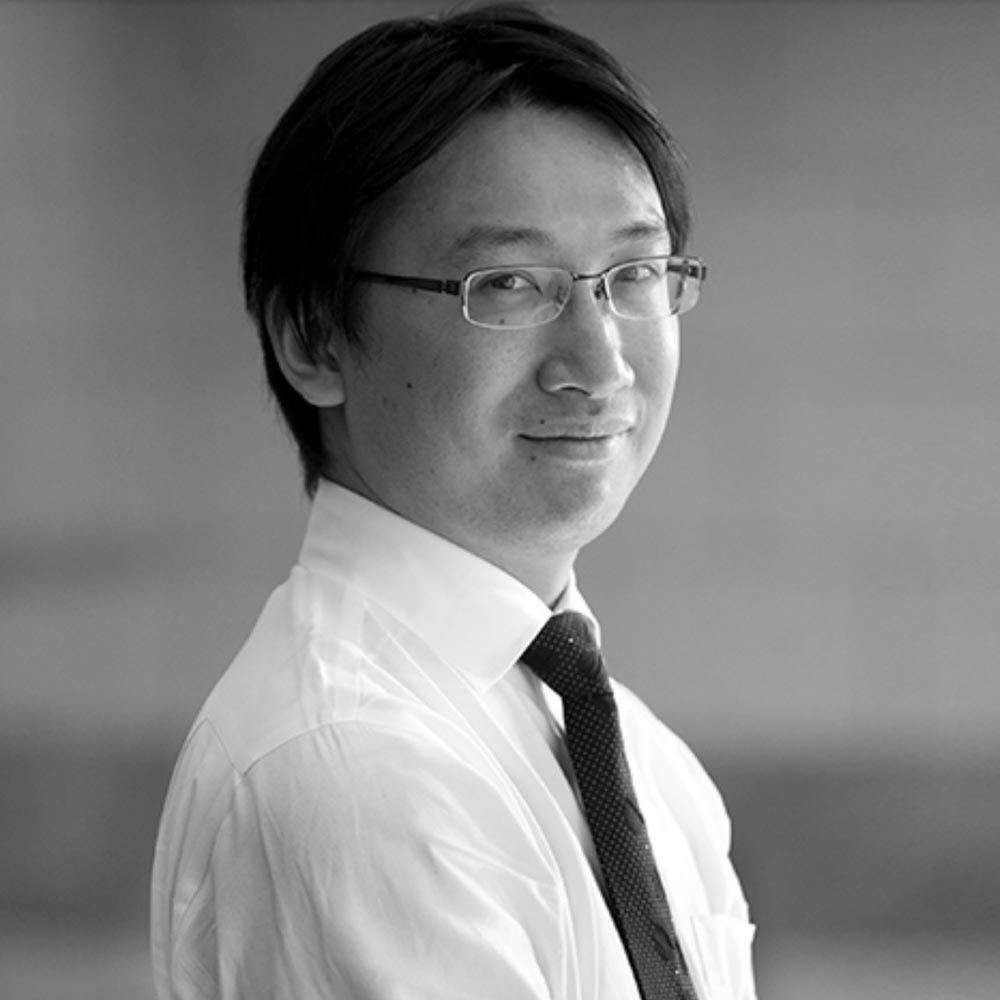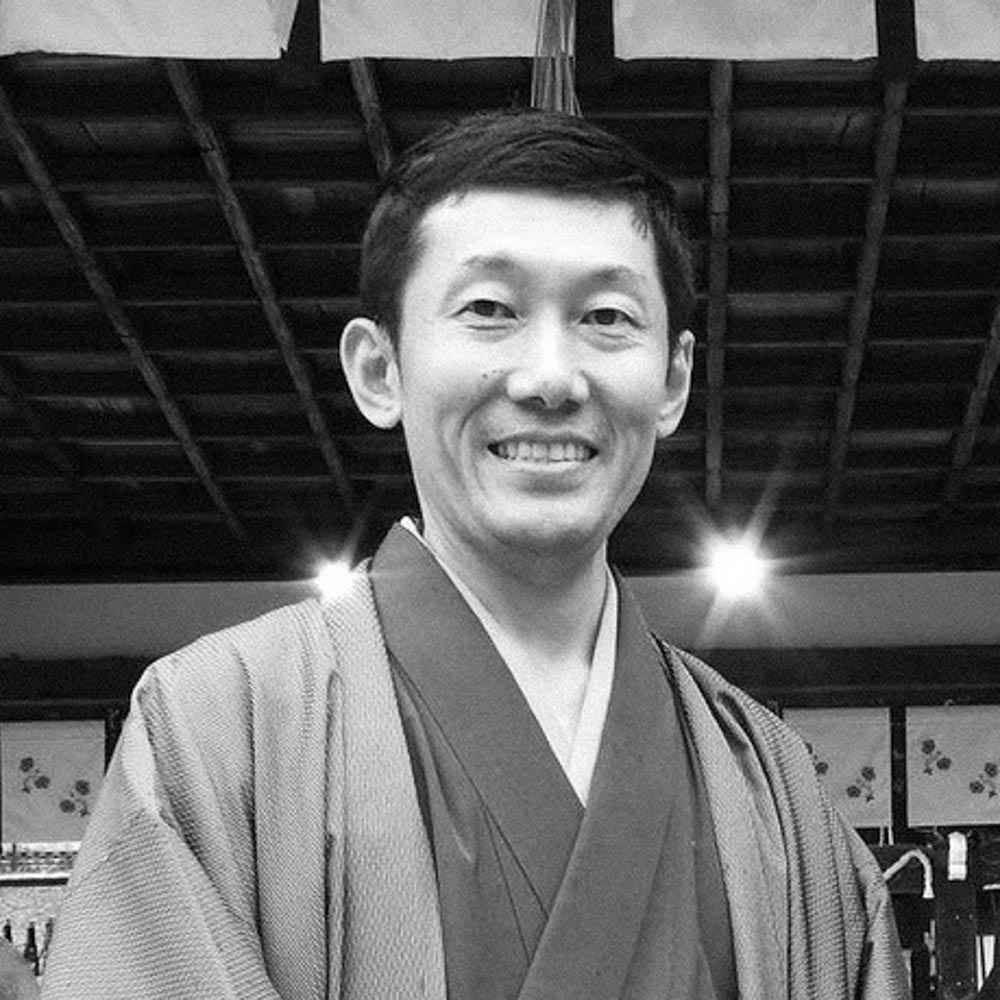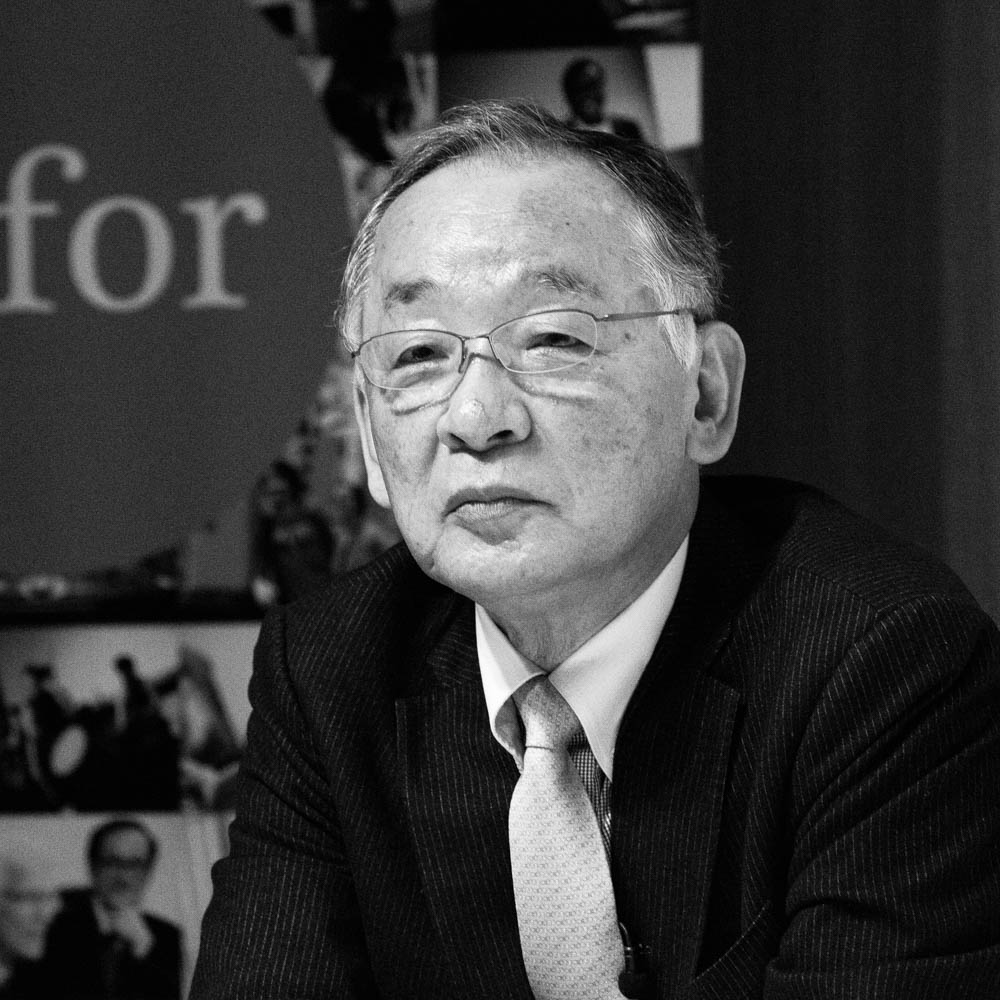Keynote Speaker
Panel I: Disaster Risk Reduction Strategy
-
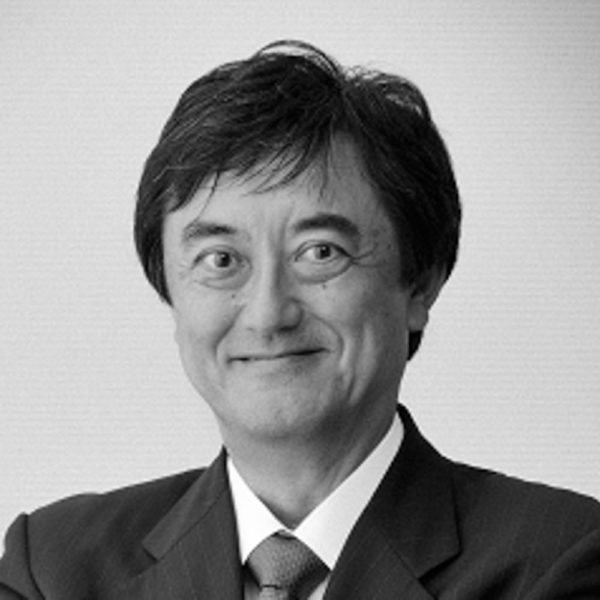 Shota HattoriKozo Keikaku Engineering, Japan
Shota HattoriKozo Keikaku Engineering, Japan -
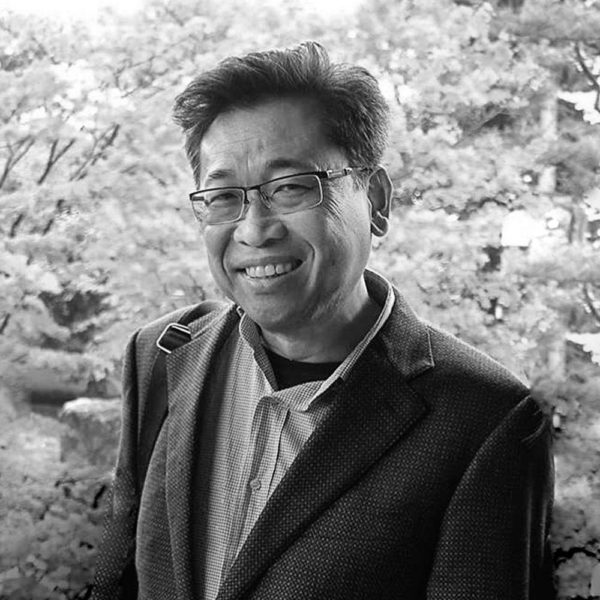 Peng Er LamNational University of Singapore, Singapore
Peng Er LamNational University of Singapore, Singapore -
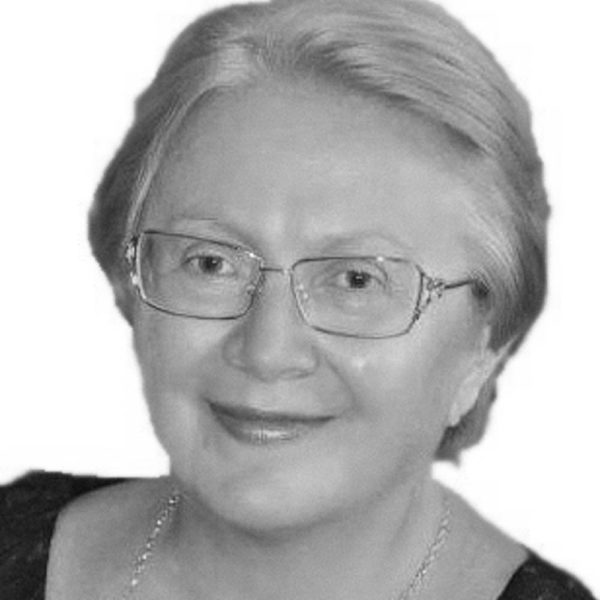 Ljiljana MarkovicUniversity of Belgrade, Serbia
Ljiljana MarkovicUniversity of Belgrade, Serbia -
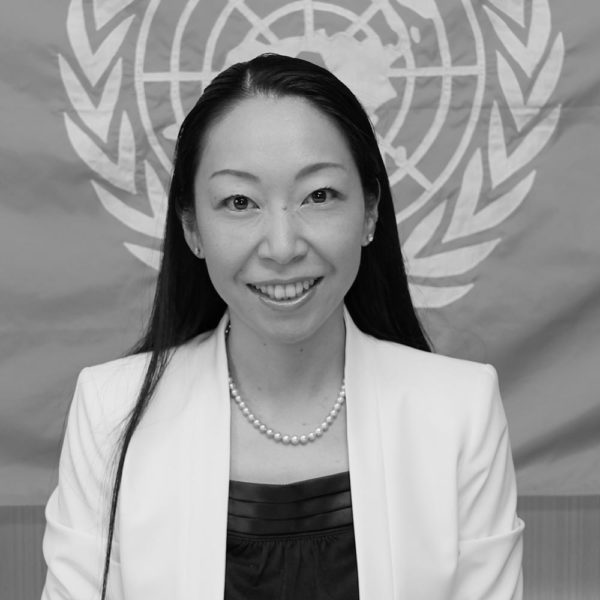 Yuki MatsuokaThe United Nations International Strategy for Disaster Risk Reduction (UNISDR)
Yuki MatsuokaThe United Nations International Strategy for Disaster Risk Reduction (UNISDR) -
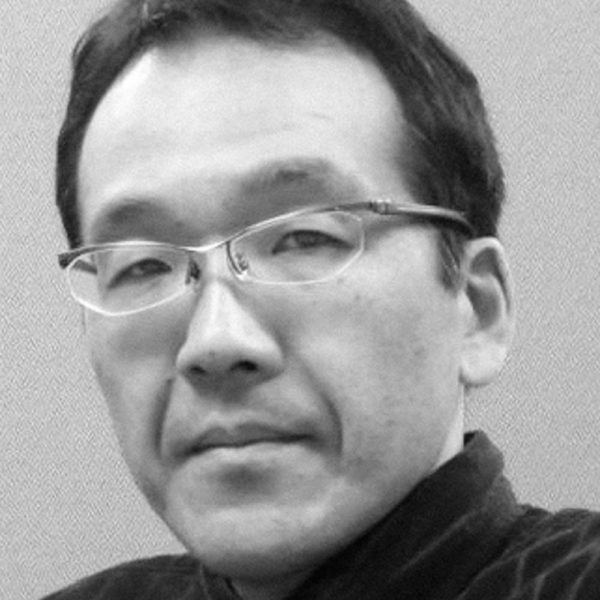 Satoru OishiKobe University, Japan
Satoru OishiKobe University, Japan -
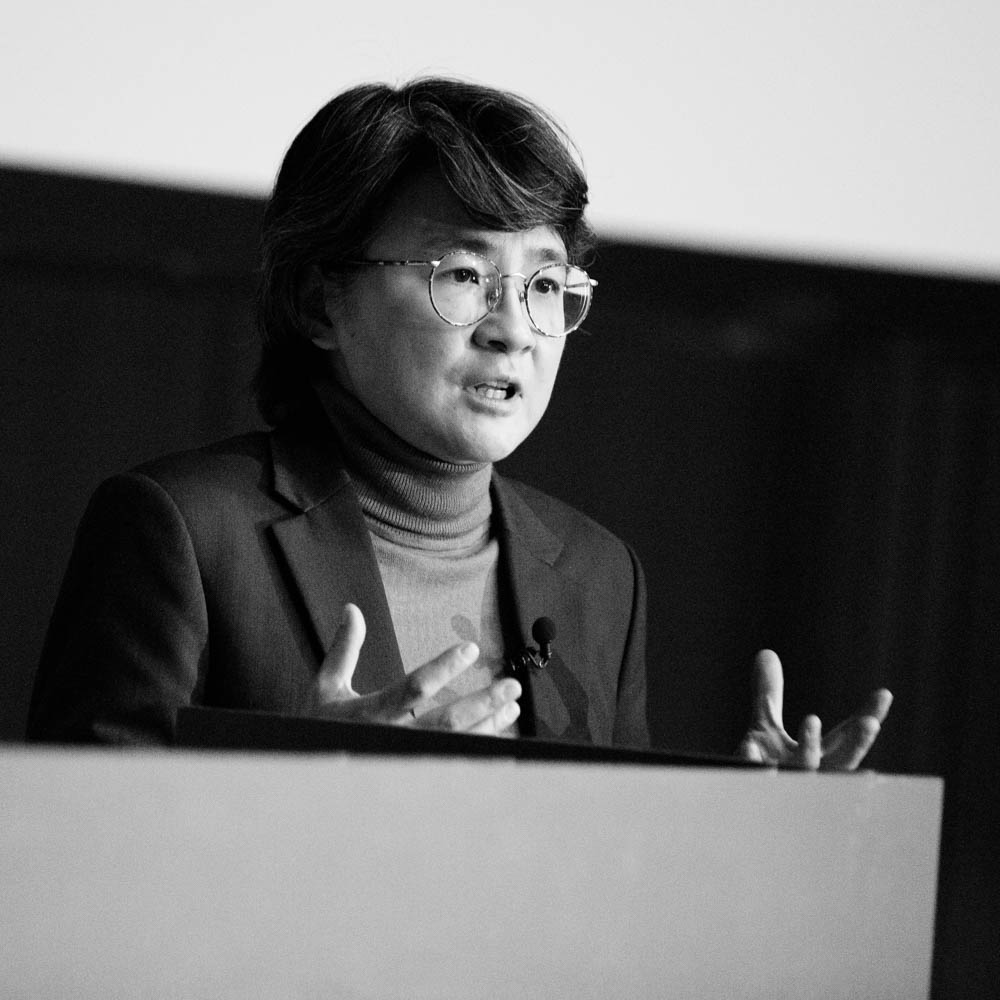 Haruko SatohOSIPP, Osaka University, Japan
Haruko SatohOSIPP, Osaka University, Japan
Panel II: Resilience and Society
-
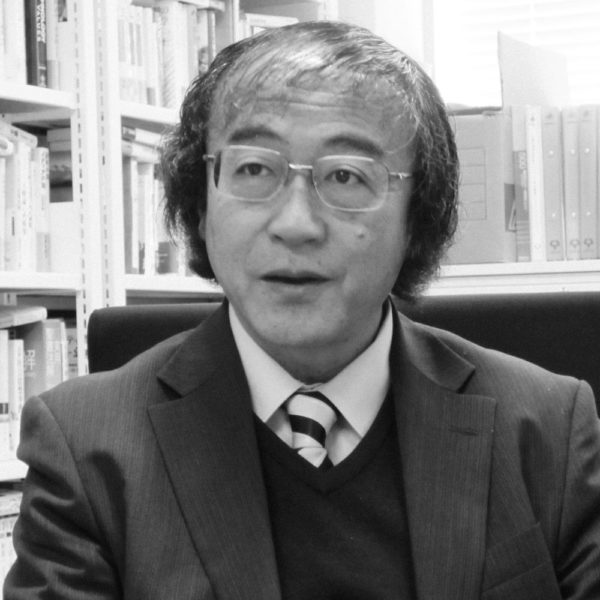 Tomohide AtsumiOsaka University, Japan
Tomohide AtsumiOsaka University, Japan -
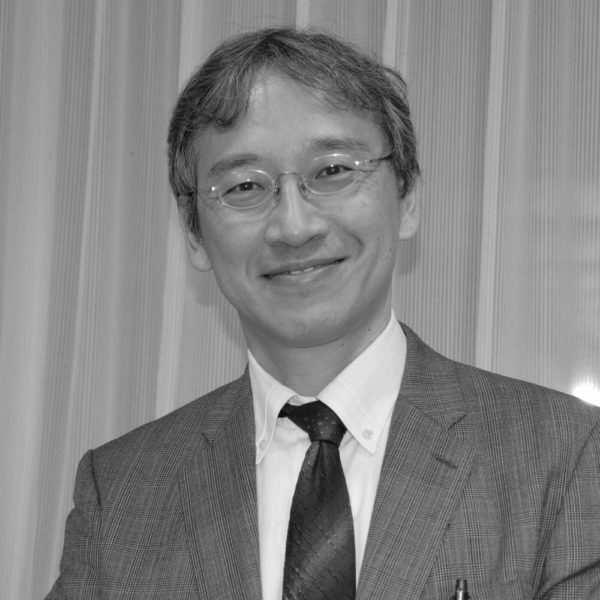 Hiroshi OkumuraKobe University, Japan
Hiroshi OkumuraKobe University, Japan -
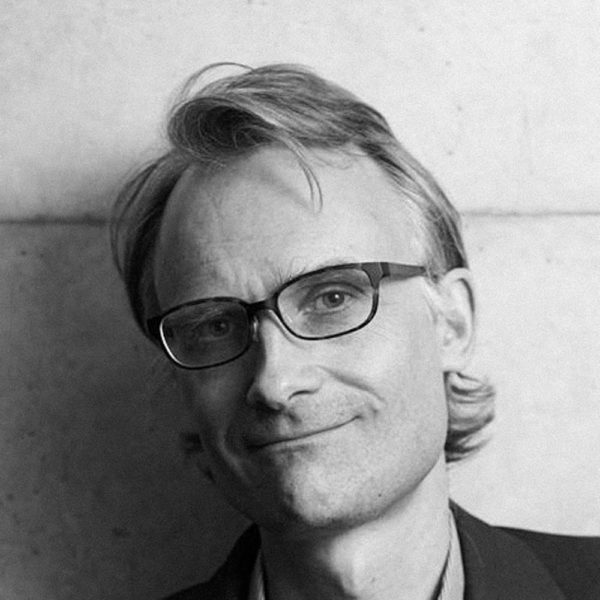 Richard Lloyd ParryThe Times (London), Japan
Richard Lloyd ParryThe Times (London), Japan -
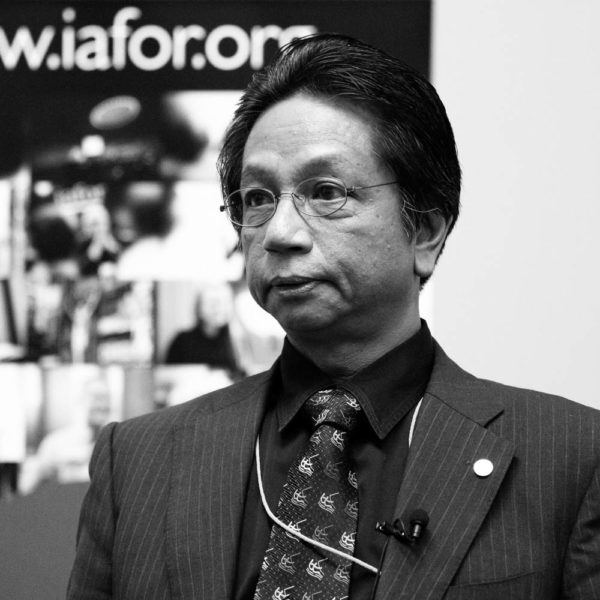 Monty P. SatiadarmaTarumanagara University, Indonesia
Monty P. SatiadarmaTarumanagara University, Indonesia -
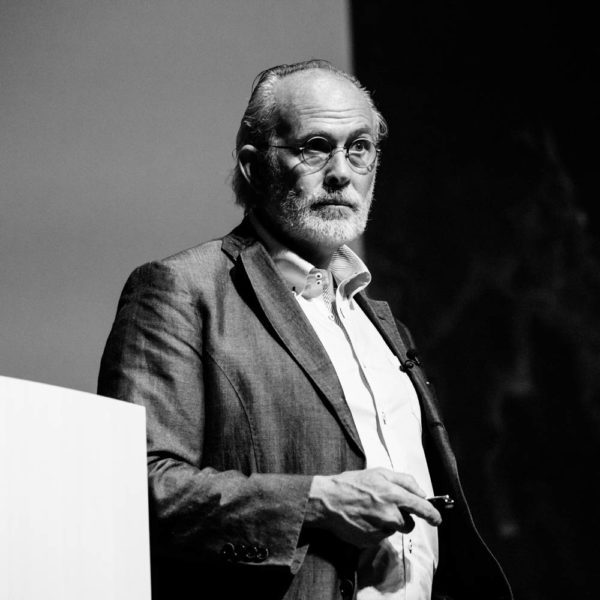 Lowell SheppardHOPE International Development Agency, Japan
Lowell SheppardHOPE International Development Agency, Japan -
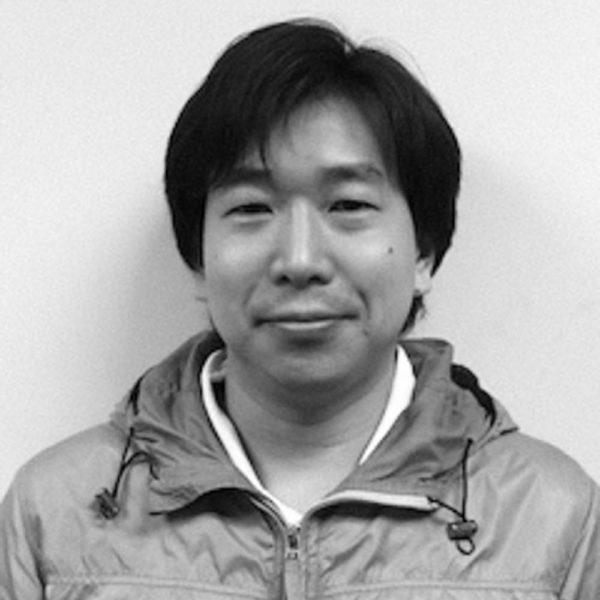 Hidenobu SumiokaHiroshi Ishiguro Laboratory, ATR, Japan
Hidenobu SumiokaHiroshi Ishiguro Laboratory, ATR, Japan
Panel III: Resilience and the Globalising Economy
-
 Brad GlossermanTama University, Japan
Brad GlossermanTama University, Japan -
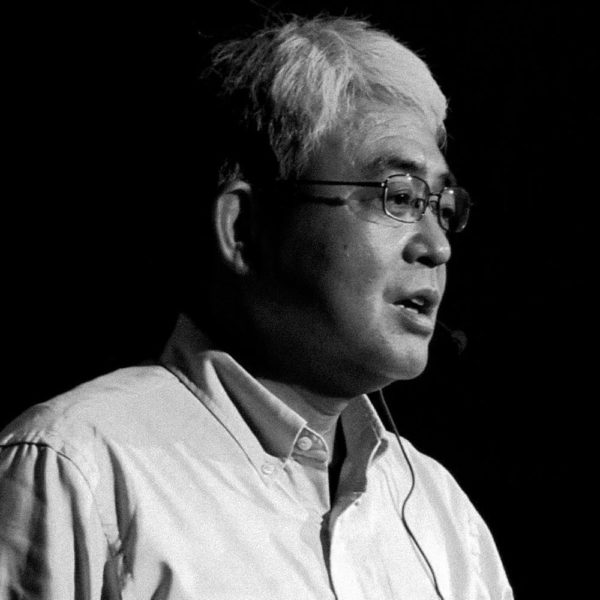 Atsushi IizukaKobe University/RIKEN, Japan
Atsushi IizukaKobe University/RIKEN, Japan -
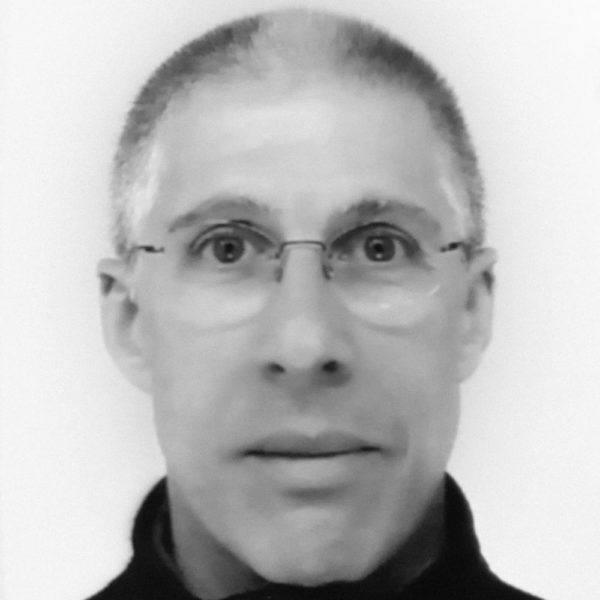 Ray KleinTekinvest KK, Japan
Ray KleinTekinvest KK, Japan -
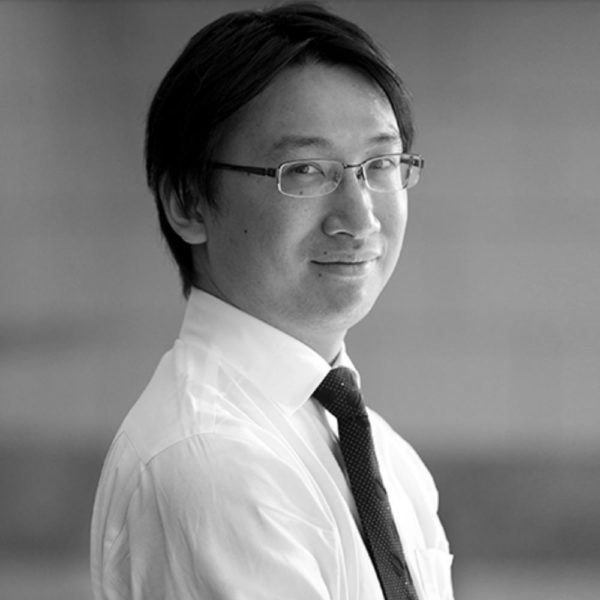 Tasuku KuwabaraMcKinsey & Company, Japan
Tasuku KuwabaraMcKinsey & Company, Japan -
 Thomas MayrhoferIntercontinental Group, Japan
Thomas MayrhoferIntercontinental Group, Japan -
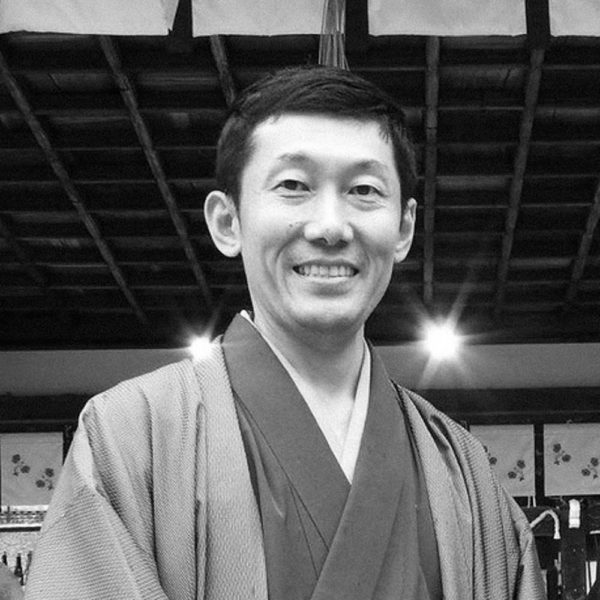 Takenosuke YasufukuKobe Shushinkan Breweries, Japan
Takenosuke YasufukuKobe Shushinkan Breweries, Japan
Special Keynote Presentation: Tadao Ando
-
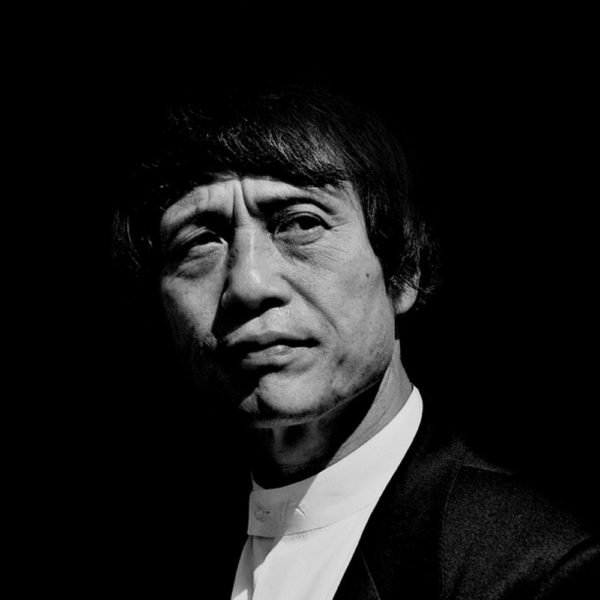 Tadao AndoTadao Ando Architects & Associates, Japan
Tadao AndoTadao Ando Architects & Associates, Japan -
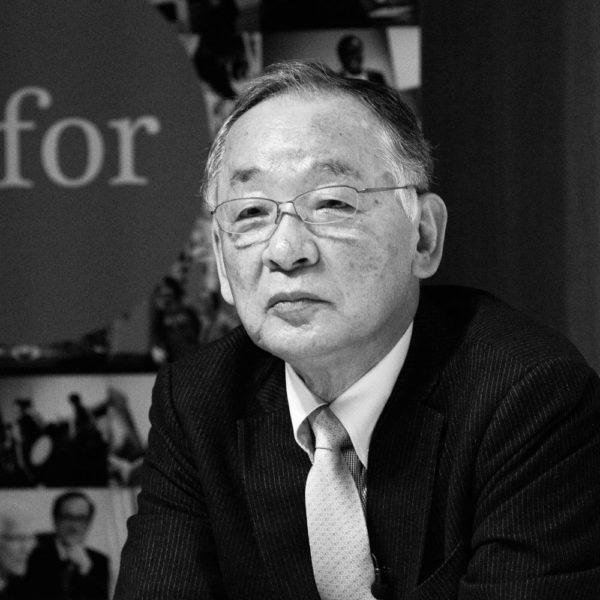 Yutaka MinoHyogo Prefectural Museum of Art, Japan
Yutaka MinoHyogo Prefectural Museum of Art, Japan
Welcome Addresses
Speakers will provide a variety of perspectives from different academic and professional backgrounds on the forum theme, "Resilience". This page provides information about presenters. For details of presentations and other programming, please visit the Programme page.
